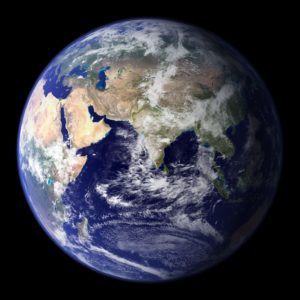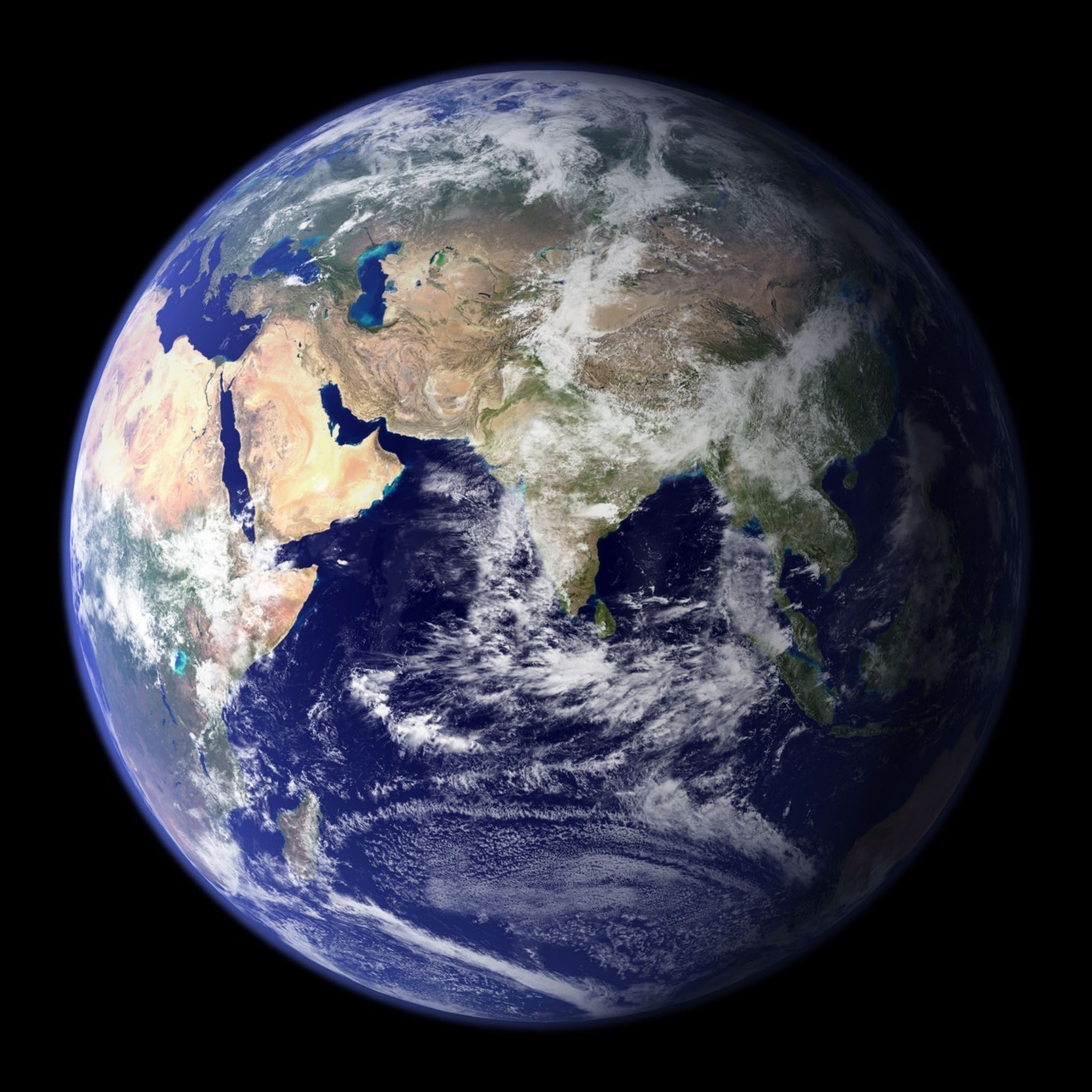

The Intergovernmental Panel on Climate Change (IPCC) presented the second part of its 6th Assessment Report on 28 February 2022. The current report focuses on the consequences of climate change and climate adaptation. The IPCC warns that climate risks for ecosystems and people are rapidly increasing worldwide. Only consistent climate protection and early climate adaptation can reduce risks.
In the joint press release of the Federal Environment Agency and the Federal Ministry for the Environment, Nature Conservation, Nuclear Safety and Consumer Protection, Environment Minister Steffi Lemke stated that independence from fossil fuel imports and climate protection are more urgent tasks than ever. Only if both are seriously advanced can the necessary adaptation to the climate crisis be managed. The massive expansion of renewable energies and the necessary adaptation of society, infrastructure and ecosystems are a huge task for the future.
The IPCC Sixth Assessment Report (AR6) with the contribution of Working Group II deals with impacts, adaptation and vulnerability in Part 2. In the main statements from the Summary for Policymaking, Chapter B describes the observed and projected impacts and risks. This is followed in Chapter C by adaptation measures and enabling conditions. Chapter D elaborates on what is needed for climate-resilient development.
Massive consequences for ecosystems and people are already visible in all regions of the world, and global CO₂ emissions continue to rise. The effects of the climate crisis will continue to impact people and ecosystems even if we succeed in taking decisive action to limit global warming to 1.5 degrees Celsius.
The report lists a total of 127 key risks whose impacts in the medium and long term will be many times higher than today. These include, for example, the increase in heat deaths, the rise in damage from floods and storms, or reduced habitability and possible displacement, for example in smaller island states.
Almost half of humanity - 3.3 to 3.6 billion people - currently live in an environment that is highly vulnerable to the impacts of climate change. The degree of vulnerability is strongly determined by social criteria. There are global "hotspots" of vulnerability, especially regions in West, Central and East Africa, South Asia, Central and South America, as well as the small island developing states and the Arctic.
Since the beginning of the industrial revolution, greenhouse gas emissions have already heated up the climate by 1.1 degrees - with dramatic consequences, as the flood disaster in July last year showed. Heavy rain and flooding are likely to hit Germany much more frequently in the future, especially if climate change is severe. These extreme weather events, just like the hot and dry summers of recent years, were only the harbingers. The frequency and intensity of heat waves will increase. This puts a strain on people, especially in cities, and is a serious threat to health.
Ecosystems that are already heavily stressed, such as soils and forests, oceans, rivers and lakes, are particularly sensitive to climate change. They are threatened by drought, heavy rainfall and the steady, creeping rise in temperatures. New pests and plant diseases appear, water quality deteriorates. Plants and animals can only adapt very slowly to a changed environment. Species extinction is significantly accelerated by faster global warming. Therefore, biodiversity is one of the biggest losers of the climate crisis. Even if the 1.5 degree Celsius limit is adhered to, 3 to 14 percent of species in terrestrial ecosystems would then be affected by a "very high risk of extinction", the report states.
Walter Leal, professor at the Hamburg University of Applied Sciences and lead author of the chapter on poverty, livelihoods and sustainable development in the new IPCC partial report, said in an interview with "Climate Reporter°: "Climate change is creating a poverty trap". According to this report, increasing weather and climate extremes expose millions of people to acute food insecurity and reduced water supply. In Africa, agriculture is the most important source of income - but it is highly vulnerable. When water is scarce, people can no longer grow vegetables or cereals and feed their animals. Agricultural yields fall away and so does income. The trap snaps shut. Climate change is a driver of extreme poverty and exacerbates the inequality that already exists," Leal explains. The IPCC report makes it clear once again that climate change is also a justice issue.
Nature-based solutions in climate adaptation, such as the renaturation of water bodies or the greening of roofs, streets and squares, have the additional benefit that they also protect ecosystems and contribute to climate protection themselves. Nature-based solutions are therefore important for climate adaptation in order to achieve a sustainable and climate-resilient society. Only through immediate action can many high climate risks be effectively reduced.
The MuP Group is helping to achieve compliance with climate targets as part of "Engineering for a better tomorrow". Through M&P GO.BLUE.NOW, the limitation of global warming to 1.5° is pursued together with customers and partners.
Image sources/originators: Julien Jandric / Fotolia.com
#Climate Change #Climate Crisis #IPC #EngineeringForABetterTomorrow
https://mup-group.com/mull-und-partner-gesellschaften/#gobluenow
WGII: Impact, Adaptation and Vulnerability - de-IPCC

